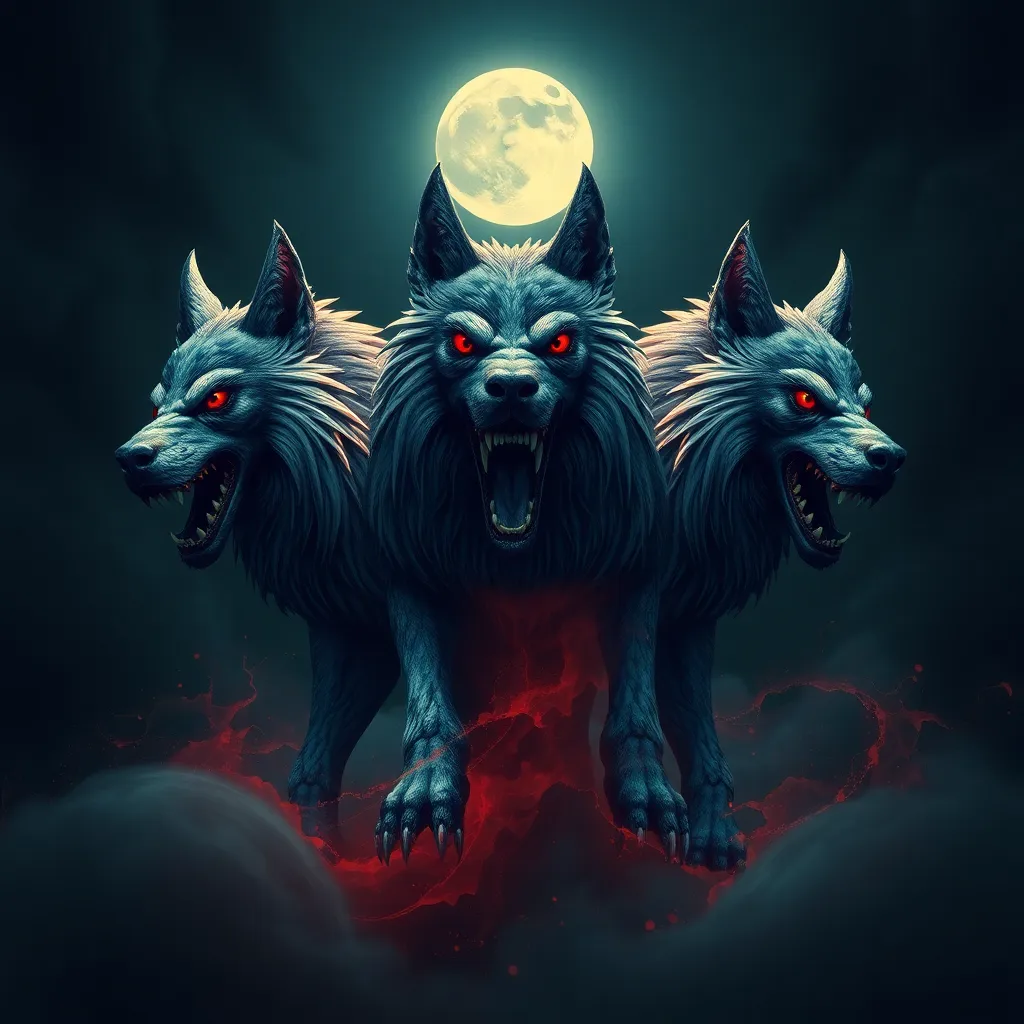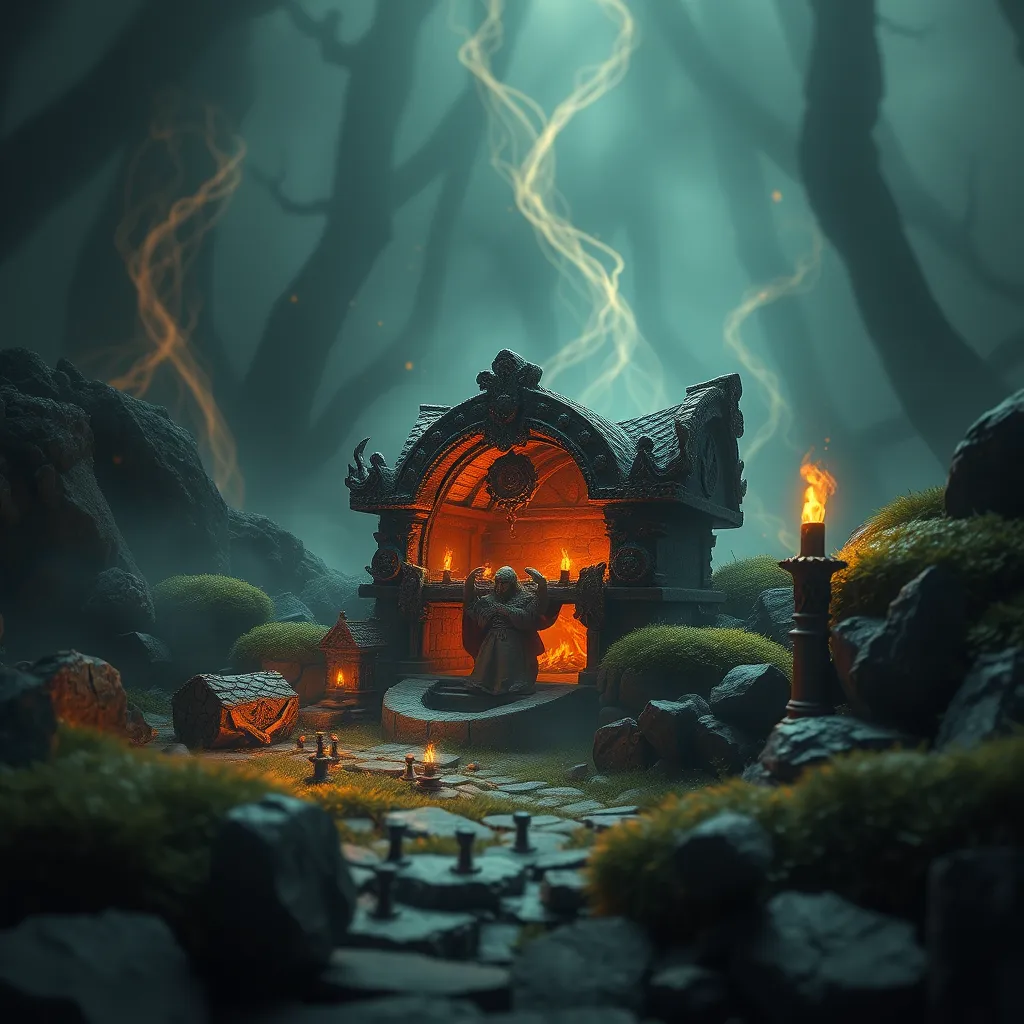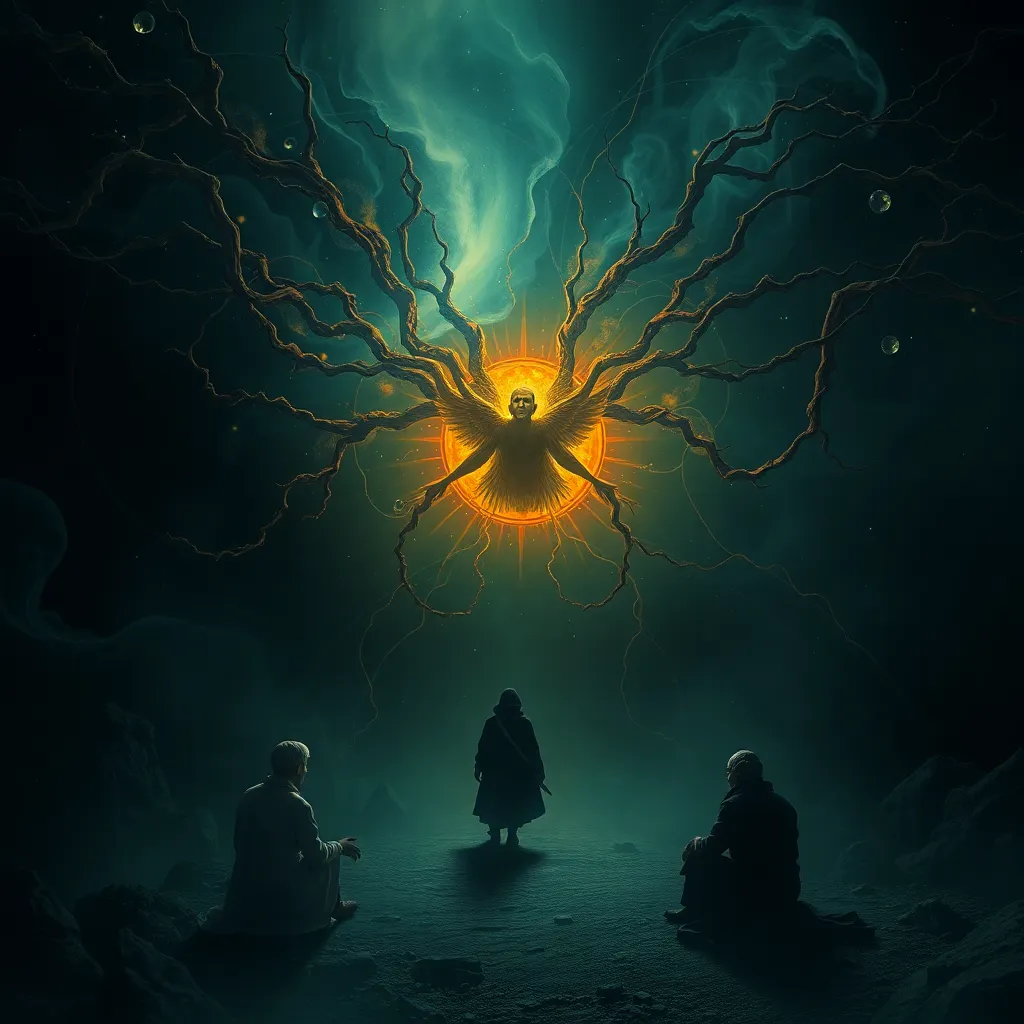Cerberus: More than Just a Monster – Exploring the Myth’s Deeper Meaning
I. Introduction
Cerberus, the three-headed dog of Greek mythology, is often perceived merely as a monstrous guardian of the Underworld. However, this interpretation overlooks the profound significance and symbolism embedded within this mythological figure. In ancient cultures, mythology served as a lens through which societies understood their beliefs and values, and Cerberus is no exception. This article aims to explore the deeper meanings and symbolism of Cerberus, revealing its importance beyond a fearsome creature.
II. The Origins of Cerberus
The origins of Cerberus can be traced back to ancient Greek texts, where he is first mentioned in the works of epic poets and playwrights. His character has evolved significantly over the centuries, reflecting changes in societal values and beliefs.
- Historical context: Cerberus is believed to have roots in ancient Near Eastern myths, where monstrous guardian figures were prevalent.
- Literary references: Cerberus is depicted in notable works such as:
- The Iliad by Homer
- Theogony by Hesiod
- The Aeneid by Virgil
- Evolution of depiction: Cerberus has been portrayed variously as a fearsome beast, a loyal protector, and even a tragic figure, reflecting humanity’s complex relationship with death and the afterlife.
III. Cerberus as the Guardian of the Underworld
Cerberus’ primary role in mythology is as the gatekeeper of Hades, the Underworld. His responsibilities underscore the boundaries between life and death, which are central themes in Greek mythology.
- Role and responsibilities: Cerberus prevents the dead from escaping and the living from entering without permission.
- Symbolism: He embodies the boundary between life and death, a critical aspect of the human experience.
- Three heads: The significance of Cerberus’ three heads can be interpreted as representing the past, present, and future, illustrating the multifaceted nature of time and existence.
IV. Cerberus and the Concept of Fear
Fear is a recurrent theme in Greek mythology, and Cerberus personifies humanity’s deep-seated fears regarding death and the unknown.
- Exploration of fear: Ancient Greeks viewed fear as an essential aspect of life, intertwined with respect for the gods and the afterlife.
- Embodiment of fear: Cerberus represents humanity’s fear of what lies beyond death, serving as a reminder of mortality.
- Fear and respect: The relationship between fear and respect in ancient Greek society highlights the dual nature of Cerberus as both a terrifying creature and a respected guardian.
V. Cerberus as a Reflection of Human Nature
Cerberus is not just a monster; he reflects various aspects of human nature, including loyalty, ferocity, and the dualities inherent in us all.
- Analyzing traits: Cerberus’ loyalty to Hades contrasts sharply with his ferocity, illustrating the complexity of loyalty and protection.
- Connection to emotions: Cerberus embodies human emotions such as love, jealousy, and the instinct to protect loved ones.
- Metaphor for struggle: As a metaphor for the inner struggle between good and evil, Cerberus challenges us to confront our darker impulses.
VI. Cerberus in Modern Culture
In contemporary culture, Cerberus continues to resonate, appearing in various forms of media and art.
- Representation: Cerberus features prominently in literature, film, and art, often symbolizing the intersection of fear and loyalty.
- Resurgence of interest: There has been a renewed interest in mythological themes in storytelling, reflecting humanity’s ongoing fascination with these timeless narratives.
- Symbolism in popular culture: Cerberus serves as a powerful symbol for various themes, including protection, fear, and the duality of human nature, making him relevant in today’s society.
VII. Lessons from Cerberus
Cerberus offers valuable insights into the human condition, particularly concerning mortality and the importance of confronting our fears.
- Insights into mortality: Cerberus reminds us of the inevitability of death and the importance of accepting our mortality.
- Facing fears: Engaging with our fears, much like confronting Cerberus, is essential for personal growth and understanding.
- Balance between protection and ferocity: Cerberus teaches us about the delicate balance between being protective and aggressive, underscoring the complexities of human relationships.
VIII. Conclusion
Cerberus is a multifaceted symbol that transcends his monstrous image, offering profound insights into human nature, fear, and the afterlife. His legacy endures in both mythology and modern culture, reminding us of the deeper meanings hidden within these ancient narratives. By embracing the complexities of figures like Cerberus, we can gain a richer understanding of ourselves and the world around us.



